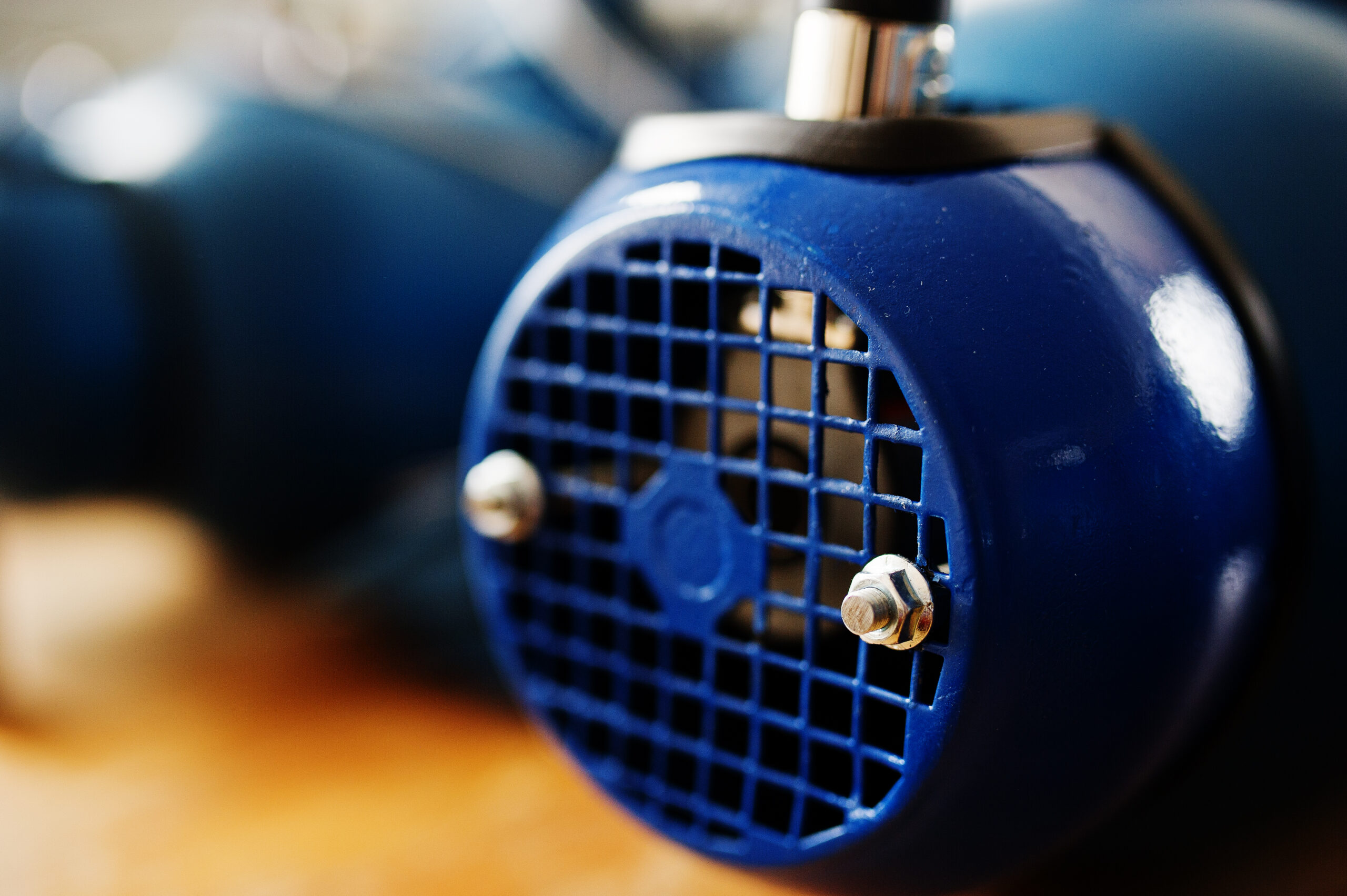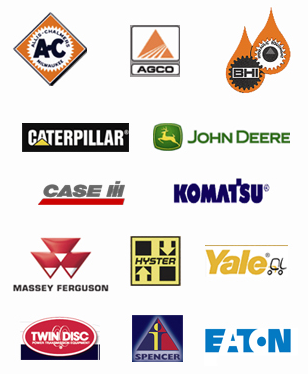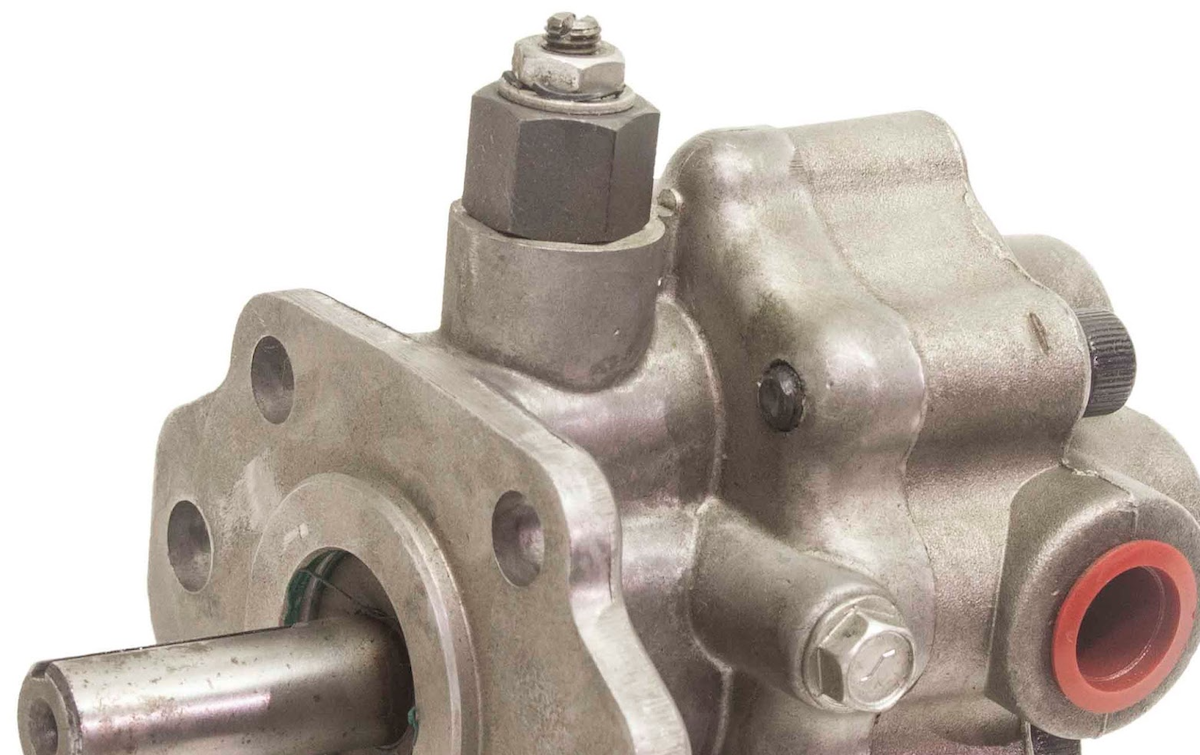
Hydraulic pumps are one of the main parts of hydraulic systems. They are known for their durability and ability to work in challenging environments. While hydraulic pumps are complex, their maintenance is straightforward.
Over time, Webster hydraulic pumps can become damaged, affecting system performance. Some common causes of pump damage include lack of maintenance, cavitation, hydraulic fluid contamination, aeration (occurs when air mixes with the hydraulic fluid), mechanical failures, and normal wear and tear.
Why You Should Not Ignore a Damaged Hydraulic Pump
A damaged ultra hydraulic pump may produce more noise or vibrate more violently than usual as it operates and can cause friction to increase. Increased friction can lead to overheating, causing different components to deteriorate faster. A failing pump can lead to further contamination of the hydraulic fluid. Contaminated hydraulic fluid can affect valves, actuators and other pump components.
Warning Signs Your Hydraulic Pump is Failing and Needs Repairs
Hydraulic pumps are usually reliable, but like other machines, they can develop problems over time. It is important to regularly inspect your hydraulic pump and watch out for signs of damage.
If you notice one or more of these signs of pump damage, consult a professional immediately.
- Unusual Sounds: Strange grinding, whirring or banging noises coming from your hydraulic pump could indicate problems, such as cavitation or bearing failure, affecting internal components.
- Performance Dip: If your hydraulic system runs slower than usual, one or more of the internal components may have worn out.
- Overheating: If your hydraulic pump gets too hot as it runs, it could be overloaded. Some other common causes of overheating include inadequate lubrication and a clogged filter. If the fluid in the pump gets too hot, it can become thin, which can cause leaks to occur.
- Increased Power Consumption: A damaged hydraulic pump may be forced to work harder than usual to maintain pressure and may use more power.
- Vibrations: Excessive vibration is a sign that the parts of the pump are misaligned or have worn out. Vibrations can also be caused by vapor bubbles that form in the hydraulic fluid.
- Milky or Foamy Hydraulic Fluid: This may indicate that air has entered the system.
Hydraulic Pump Maintenance Tips
Why wait for your hydraulic pump to develop a problem and then hire a professional to fix it when you can prevent pump problems with proactive maintenance in the first place? Proactive hydraulic pump maintenance is more cost-effective than reactive maintenance and keeps your pump working at its optimum efficiency.
Follow these tips to keep your hydraulic pump in good working order.
- Regularly check your pump for leaks, unusual noises and vibration.
- Periodically inspect and change hydraulic filters.
- Make sure the cooling system is working correctly to prevent overheating.
- Check the pump and its drive to ensure they’re properly aligned.
Hydraulic.net manufactures pumps for OEMs and specialty markets. Our pumps boast futuristic designs and utilize quality materials. Have questions about a product you’re interested in? Call (630) 543-7630.





